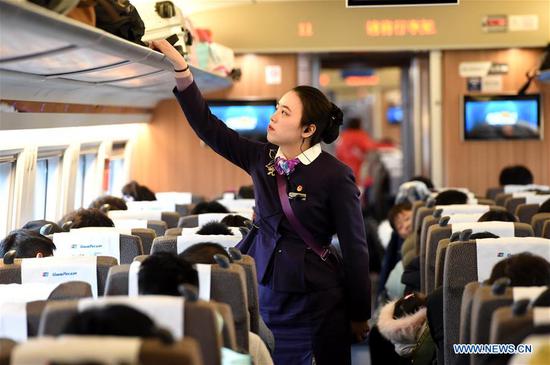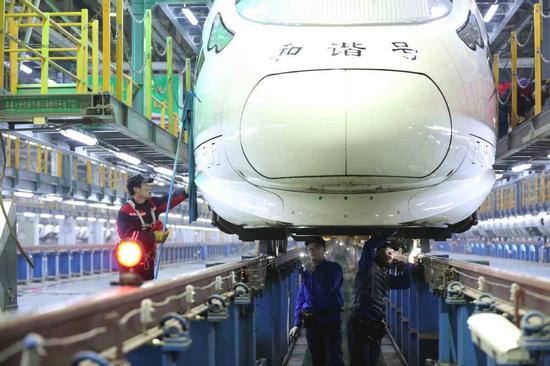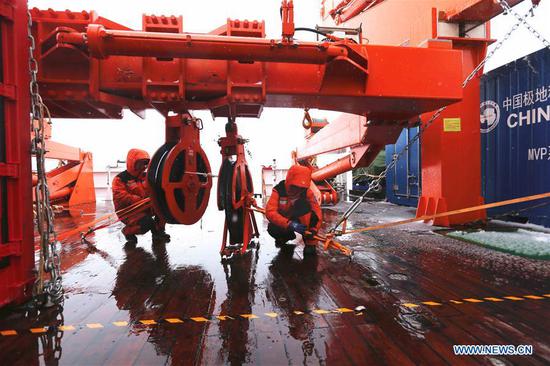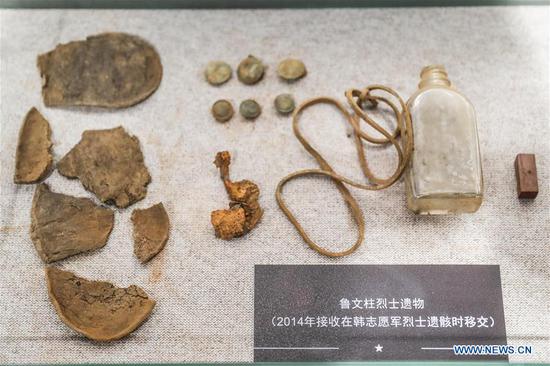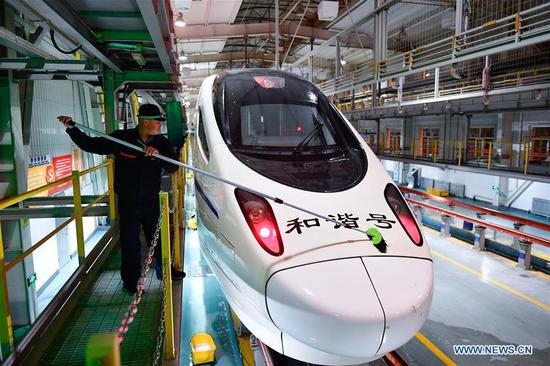Cross-border mergers and acquisitions are expected to gather pace in China this year as the country's accelerated opening-up efforts, both in terms of widening market access and improving business environment, will boost inbound investments, a leading global law firm said on Monday.
"Foreign investors' confidence and interest in the Chinese market have considerably increased after the nation expedited financial and automobile sector opening-up," said Shen Yuxin, a partner with the United Kingdom-based Freshfields Bruckhaus Deringer LLP.
"Inbound cross-border M&As should be on an upward trajectory this year and next," Shen said on Monday.
A number of policies to ease restrictions on foreign investment are set to take effect this year, especially in the financial sector. Foreign capital was allowed to hold 100 percent ownership in life insurance and futures joint ventures from Jan 1, while mutual funds and securities industries will follow suit a few months later.
The implementation of the Foreign Investment Law-the fundamental law governing inbound foreign direct investment-from Jan 1 also proved to be a major boost for investor confidence, as it helped form an expectation of continuous improvement in related regulations, said Shen.
"The biggest significance of the law lies in that it sets the tone for foreign investment regulations, such as the protection of intellectual property rights," Shen said, adding the principles will make local governments better guided in fostering a foreign investment-friendly environment.
According to data compiled by Freshfields, last year should be the first year since 2015 when foreign companies bought more assets in China than Chinese corporates acquired overseas.
This came in partly as harsher global supervision over M&As dampened outbound investment, while inbound investment remained relatively stable backed by China's progress in opening-up, Shen said.
From the beginning of last year to Nov 26, a total of $32.8 billion in M&A investment flowed into China, while Chinese enterprises acquired $17.5 billion worth of overseas assets, both lower than the whole year of 2018, according to the law firm.
Many foreign investors in the life insurance and automobile sectors are now considering increasing their stakes in their Chinese joint ventures to gain greater say in management and better tap into the vast Chinese market, Shen said.
"Global investors may no longer regard China as a manufacturing base with low-cost labor, but a strategically important consumer market," Shen said, citing that future growth in inbound M&A investment may mainly come from consumer goods sectors, instead of export-oriented factories.
He added that he expects more active outbound M&A investment by Chinese enterprises this year as well, given the stabilizing Chinese yuan and the mainland stock markets.
"China's economic momentum will continue this year with domestic consumption leading the way, selectively creating opportunities," said Gordon Orr, a senior advisor to consulting firm McKinsey& Co.


























